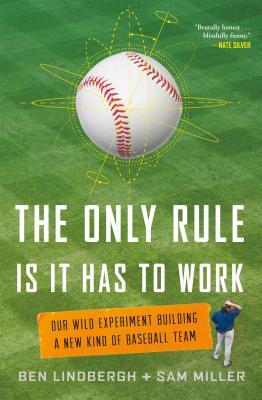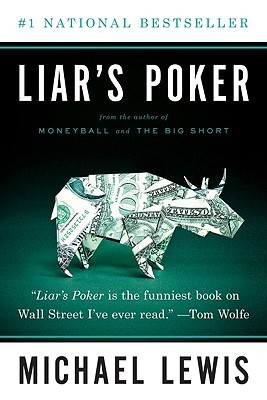
Moneyball
Book Description
What if the key to victory lies not in raw talent but in clever strategy? In "Moneyball," Michael Lewis unveils the groundbreaking approach that transformed baseball into a data-driven battleground. Follow the unorthodox journey of the Oakland Athletics as they challenge the old guard with a brilliant outsider's vision, armed only with statistics and a determination to defy the odds. As the underdogs rewrite the rules of America’s pastime, the tension mounts—can they turn numbers into gold? In a world where tradition reigns supreme, what happens when the game itself becomes a mathematical puzzle?
Quick Book Summary
"Moneyball" by Michael Lewis tells the riveting story of how the Oakland Athletics, led by general manager Billy Beane, revolutionized baseball by applying analytics and statistics to team-building decisions. Instead of relying on traditional scouting methods that prioritized raw talent and intuition, the A’s embraced sabermetrics—a revolutionary, numbers-driven approach to evaluating players. Despite a limited budget, Beane assembled competitive teams by seeking undervalued players who excelled in overlooked statistical categories. The book not only chronicles the A’s journey during the 2002 season but also explores the broader implications of challenging long-standing traditions and harnessing data for competitive advantage. In the process, Moneyball forever changed the business of baseball and influenced organizational thinking across multiple industries.
Summary of Key Ideas
Table of Contents
Reinventing Baseball with Data and Analysis
Michael Lewis introduces the landscape of Major League Baseball prior to the Oakland Athletics’ revolution, highlighting how teams relied on intuition and tradition to scout and sign players. Most executives favored athletes with "good bodies" or strong reputations, regardless of their actual productivity. This old guard resisted statistical analysis, believing it could not capture the essence of a player’s value. Enter Billy Beane and the Oakland A’s, who, constrained by a tiny payroll, became determined to challenge these conventions.
Challenging Tradition and Bias in Player Evaluation
Faced with losing star talent to wealthier teams, Beane and his assistant, Paul DePodesta, adopted principles from the world of finance: finding inefficiencies. By using sabermetrics, a rigorous statistical approach developed by outsiders like Bill James, they identified undervalued skills such as on-base percentage. Ignoring traditional scouting bias, Beane acquired players overlooked by other teams but who, by the numbers, were likely to help the A’s win more games for less money.
The Underdog Advantage: Competing on a Budget
This method disrupted the baseball establishment and brought rapid results. In the 2002 season, the Athletics—operating on one of the league’s smallest budgets—achieved a remarkable winning streak and reached the playoffs. Lewis follows key trades, the A’s drafting strategies, and the challenges Beane faced as he confronted skeptics and navigated the pressures of professional sports. The story illustrates how rethinking problems and embracing new tools can yield success where conventional wisdom fails.
Building Teams Through Value Investing in Talent
Beyond the field, "Moneyball" becomes a parable for any organization facing resource constraints. Lewis examines how businesses and leaders can exploit market inefficiencies, think creatively, and overcome institutional inertia. The A’s story demonstrates that data-driven decision-making can unseat tradition, paving the way for lasting, transformative change. The narrative resonates across fields such as finance, management, and education.
The Lasting Impact of Moneyball Beyond Baseball
Ultimately, "Moneyball" is not just about baseball—it is about questioning assumptions and taking calculated risks. The Oakland Athletics proved that logic, discipline, and innovation could rival raw resources, influencing the way baseball and many other industries operate. By championing analytics over anecdotes, "Moneyball" left a lasting legacy that reshaped organizational thinking and inspired a new era of competitive strategy.
Download This Summary
Get a free PDF of this summary instantly — no email required.





